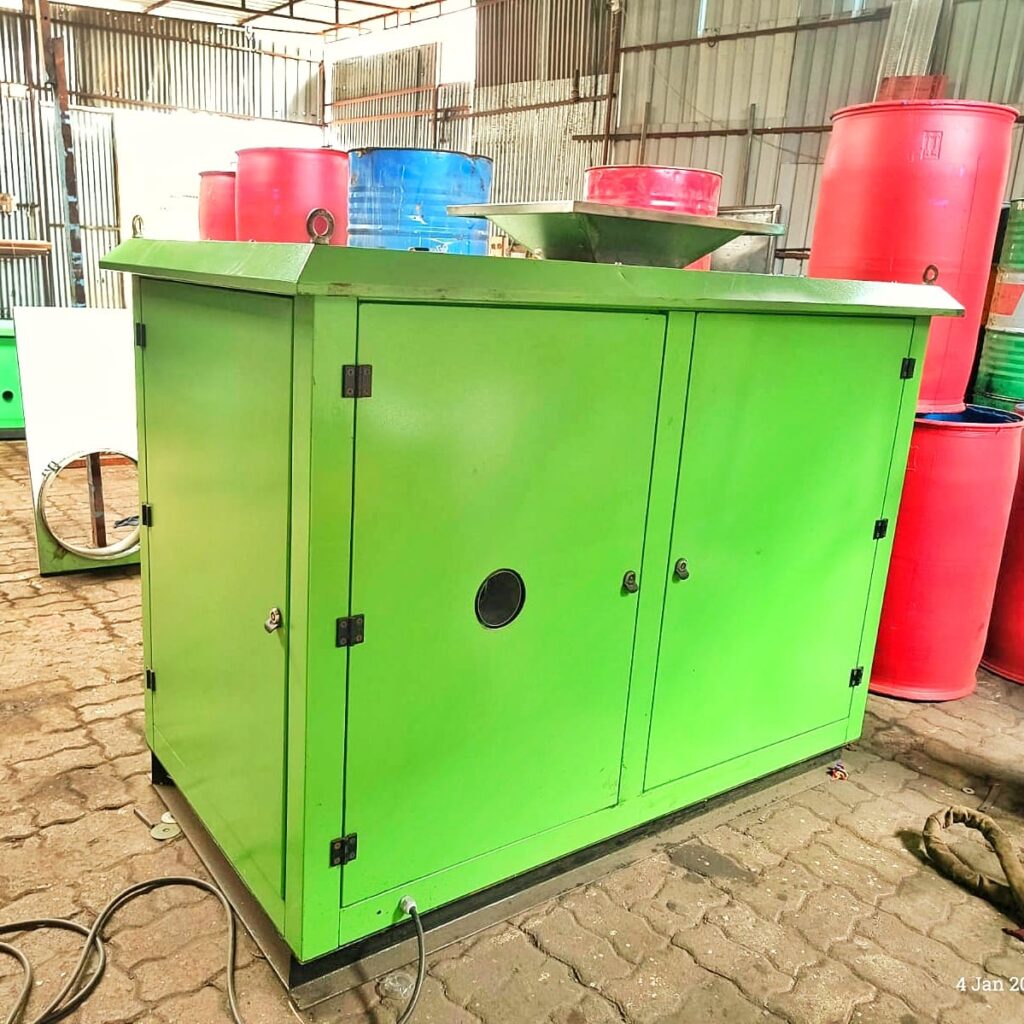Semi-Automatic OWC Machine
Discover More how our innovative OWC (organic waste composter) efficiently transforms organic waste into nutrient-rich compost, supporting environmental sustainability and soil health. Explore our scalable solution for managing organic waste and promoting greener living today
Harnessing the Power of Organic Waste
Organic waste composters are designed to harness the power of natural decomposition processes to break down organic matter, such as food scraps, yard waste, and agricultural residues, into compost – a valuable soil amendment that enriches soil fertility and promotes plant growth. By providing a controlled environment for the composting process to occur, these composters accelerate decomposition rates and produce high-quality compost in a fraction of the time it would take through traditional composting methods.
Scaling Up for Greater Impact
With capacities ranging from 50 tons to 200 tons, high-capacity organic waste composters offer a scalable solution for organizations and municipalities seeking to manage large volumes of organic waste efficiently and cost-effectively. Whether it’s a small-scale composting operation or a large-scale municipal composting facility, these composters can accommodate varying levels of organic waste production and processing requirements, making them suitable for a wide range of applications.
- Efficiently transform organic waste into nutrient-rich compost.
- Explore scalable solutions for managing organic waste.
- Maximize efficiency and productivity with on-site processing.
- Promote environmental sustainability by diverting waste from landfills.
- Support regenerative agricultural practices with natural compost.
Maximizing Efficiency and Productivity
These composters maximize efficiency and productivity by processing organic waste on-site, reducing transportation needs and carbon emissions. The nutrient-rich compost they produce can enrich soil in parks, gardens, farms, and landscaping projects.
Promoting Environmental Sustainability
Beyond their immediate benefits for waste management and soil health, high-capacity organic waste composters play a vital role in promoting environmental sustainability and resource conservation. By diverting organic waste from landfills, where it would otherwise generate methane – a potent greenhouse gas – these composters help mitigate climate change and reduce landfill space requirements. Moreover, the compost produced serves as a natural alternative to synthetic fertilizers, reducing reliance on chemical inputs and supporting regenerative agricultural practices.

Conclusion
In conclusion, high-capacity organic waste composters are essential for sustainable waste management. They offer scalable solutions and contribute to a greener, healthier future.

